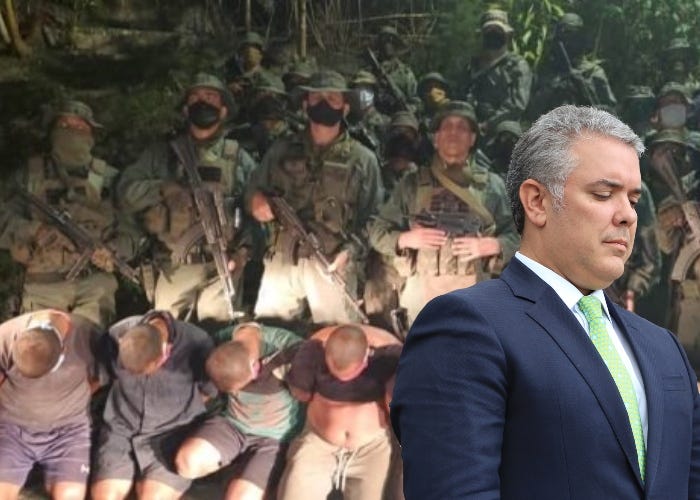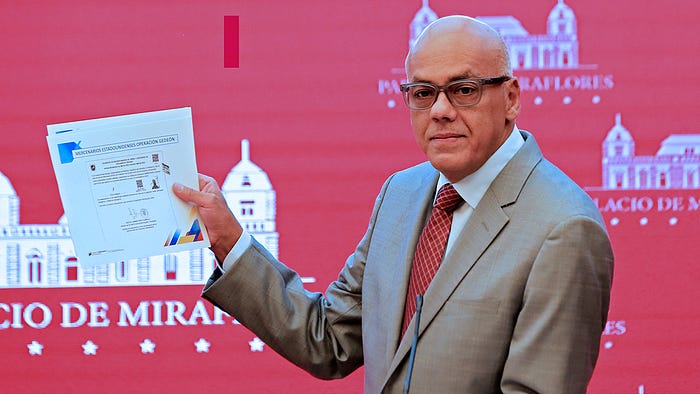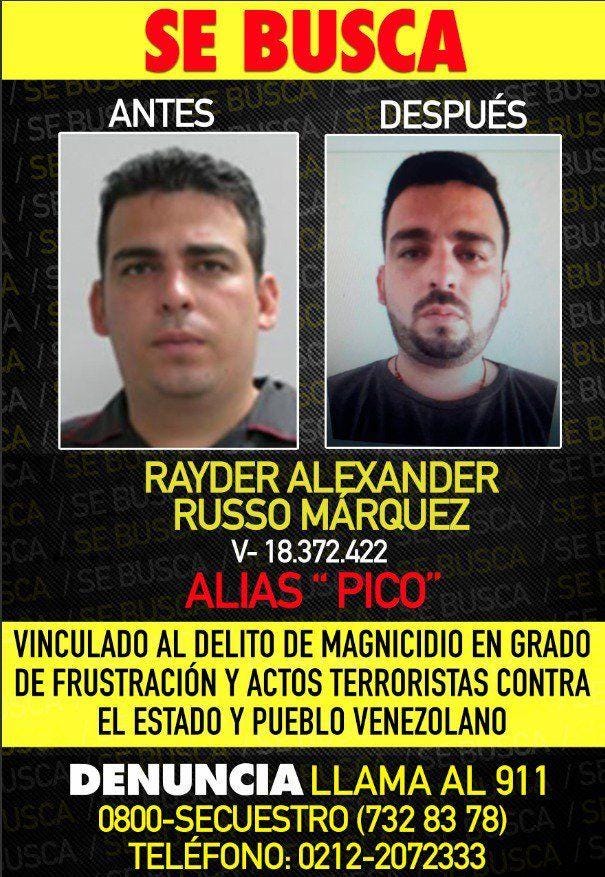Mission Truth
Aug 19 · 6 min read
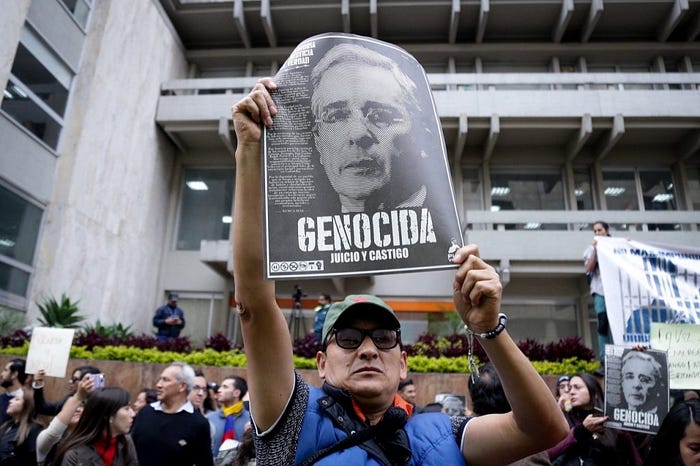
Demonstration against Álvaro Uribe Vélez in the vicinity of the Palace of Justice in Bogotá, Colombian capital (October 2019). Photo: Colprensa
The massacres in Colombia are becoming common currency, a legacy that greatly promoted, and under a scheme of criminal economy and governmentality, the now former senator and former president Álvaro Uribe Vélez, currently on trial for minor crimes with respect to other events that we will report in this note.
There are enough elements on the table for Uribe Vélez to be prosecuted before the Colombian courts, especially because of his direct relationship with the increase, in recent decades, of paramilitary violence and extrajudicial executions carried out by the Colombian army.
Until 2013, Uribe accumulated 276 judicial investigations against him, but 94% of them had "stalled" in the preliminary stage. For years, the leader of the Democratic Center party has managed to avoid accusations about his responsibility for drug trafficking, paramilitarism, murder, false positives and massacres.
The methods of eliminating witnesses who could provide conclusive evidence are at the level of the crimes committed: from bribes, extraditions to the United States or disappearances of people. Crimes that would not have major consequences in a political figure with so much power in some deep structures of the Colombian state.
However, the country was surprised by the announcement of his house arrest, issued by the Supreme Court, as a result of an investigation into accusations of bribery of former paramilitaries. The genesis of this event was a complaint against Congressman Iván Cepeda, 8 years ago, which was finally reversed on Uribe. A paradoxical boomerang.
This Tuesday, August 18, the former Colombian president resigned from his post before the Colombian Senate, claiming "violation of his procedural guarantees."
By making this decision, Uribe would be avoiding being judged by the Supreme Court, since it is the only institution that can prosecute senators.
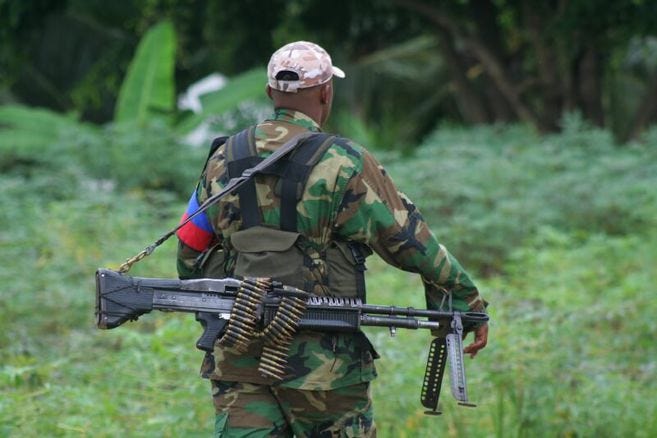
Uribe is accused of being the mastermind of the most twisted crimes of paramilitarism in Colombia. Photo: The Spectator
Senator Cepeda's inquiries about Uribe's intervention in the El Aro and La Granja massacres, crimes committed in the department of Antioquia (while he was governor in the 1990s) by the United Self-Defense Forces of Colombia (AUC), paramilitaries, are highlighted. who confess to having been trained by the political mentor of the current Colombian president. That was the reason why Uribe tried to retaliate against the congressman.
Although, due to the seriousness of the events and the forcefulness of the evidence, these three cases are the most notorious in relation to Uribe, the truth is that his two presidential governments exhibit alarming numbers:
- Of the 1 thousand 982 massacres recorded by the National Center for Historical Memory of Colombia for the period from 1980 to 2012, around 300 were committed during Uribe's official institutional efforts.
- In the same period, "false positives" (civilians killed by the army and later presented as guerrillas killed in combat to improve statistics) increased by 150% , according to research by the Universidad de la Sabana and the Universidad del Externado .
Let's take a brief look at data on some massacres that are part of Álvaro Uribe's grim record of criminal responsibilities.
Massacre of La Granja (1996) and El Aro (1997)
In mid-June, five peasants were tortured and murdered by a score of members of the Peasant Self-Defense Forces of Córdoba and Urabá, who invaded the La Granja district (north of Antioquia) and threatened the small population with “social cleansing. ”For alleged collaboration with the FARC-EP.
None of those killed had ties to guerrilla groups, as prosecutors who were handling the case later determined.
After the massacre, 700 families had to flee the territory, under threat from the paramilitaries.
A year later, on October 22 , another attack by 150 AUC men left 15 peasants dead in the town of El Aro, near Medellín, again in Antoquia. There were 60 houses in that hamlet, 42 were burned by the paramilitaries.
For 17 days, the AUC took control of the territory, looted, tortured and murdered before the impassive gaze of the Uribe government, which had helicopters flying over the area when the extermination occurred, as reported by the testimonies of those who were present.
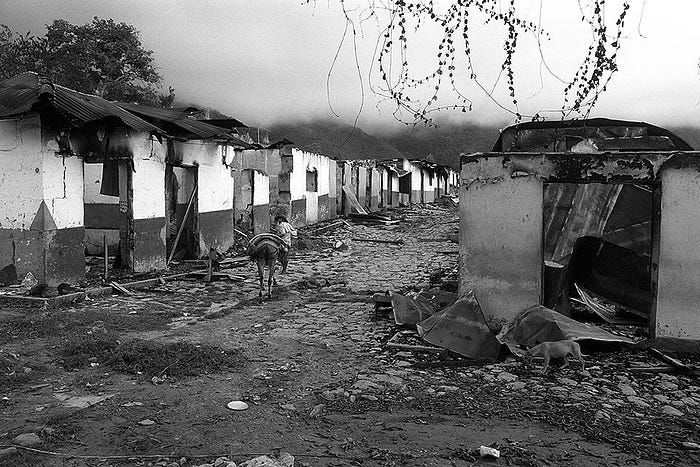
El Aro, Antioquia, after the massacre committed by the AUC (1997). Photo: Jesús Abad Colorado
Before the bloody episode in El Aro, the community had requested protection from the government, then led by Uribe, which was denied. In addition, testimonies from the families that survived said that "it was the paramilitaries with the army who entered El Aro."
The Colombian justice also determined that in La Granja there was cooperation from the region's military and police .
In 2015, Judge María Consuelo Rincón made a request for Álvaro Uribe, already as a senator, to be investigated for “action or omission” in the La Granja and El Aro massacres.
That Uribe allowed the paramilitary cells to function and did not order state agents to fight them, is in itself a strong indicator of his ties with them.
Francisco Villalba, one of those convicted of the El Aro massacre, confessed to the authorities that former General Carlos Alberto Ospina was an accomplice in both killings in Antioquia. He also accused Uribe of intellectual author, although he later retracted.
Ospina would be appointed commander of the Colombian Military Forces in Uribe's first administration. Villalba was shot to death in 2009, when he had just passed to serve house arrest.
Other statements by paramilitaries would once again mention that "the Self-Defense Forces had support from businessmen, the Police, the Army and the Antioquia Government."
The massacres in San Roque (1996-1997) and the murder of Jesús María Ovalle (1998)
On June 13, 1996, four people were killed by men from the AUC Metro Block. This case is the most mentioned of a series of massacres that took place in various villages in San Roque, carried out by the paramilitary group, whose declared objective was to eradicate the ELN from that area.
The testimony of Juan Guillermo Monsalve, interviewed by Senator Iván Cepeda in 2011, is essential to know the evidence that Álvaro Uribe involved in the forging of the Metro Block.
Monsalve worked at the Guacharacas de los Uribe Vélez farm. He told Cepeda that, like 54 other workers on the farm, he was ordered by his bosses to carry out exterminations in San Roque with the Metro Block, in retaliation for attacks against his farm and theft of cattle, attributed to the presence of the ELN.
Specifically, he declared that Uribe had ordered the massacre that occurred in 1996. In the recorded conversation with Cepeda, Álvaro's brother, Santiago Uribe Vélez, was also splattered. There were several meetings where they planned the “social cleansing”, together with Santiago Gallón Henao, and the brothers Luis Alberto Villegas and Juan Villegas, each of them linked to the livestock business, but also to drug trafficking and paramilitarism .
According to Monsalve, Uribe was in charge of "the military."
“From 1996 to December 31, 1997, more than 150 citizens of the region were murdered, among them leaders of community action, humble peasants, owners of community shops, teachers and transporters,” said Jesús María Valle Jaramillo, lawyer and activist of human rights, before being assassinated on February 27, 1998, by the gang of hitmen "La Terraza".
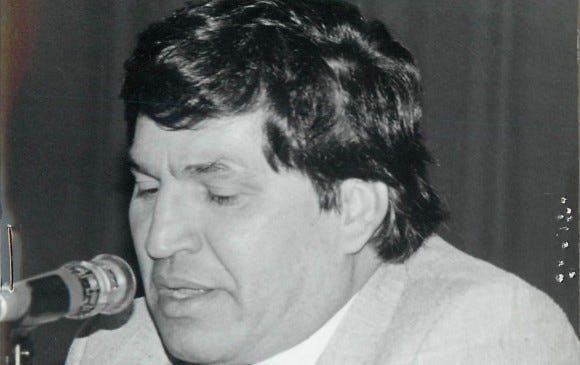
Jesus Maria Valle Jaramillo. Photo: El Colombiano Archive
Following the cases of La Granja, El Aro and San Roque, Valle Jaramillo denounced a “ tacit agreement ” between “General Carlos Alberto Ospina; the Antioquia Police Commander, Carlos Emilio Gañán; the then governor Álvaro Uribe Vélez; Pedro Juan Moreno, former Secretary of Government; and Carlos Castaño, paramilitary commander ”.
Colombian institutions and paramilitaries united to counterattack the "fearsome" peasants who "besieged" defenseless ranchers and drug traffickers.
In 2018, the Superior Court of Medellín sentenced the material authors of the murder of Jaramillo to 30 years in prison and requested that an investigation be opened against Uribe.
https://medium.com/@misionverdad2012/%C ... f03fe11507
Google Translator


